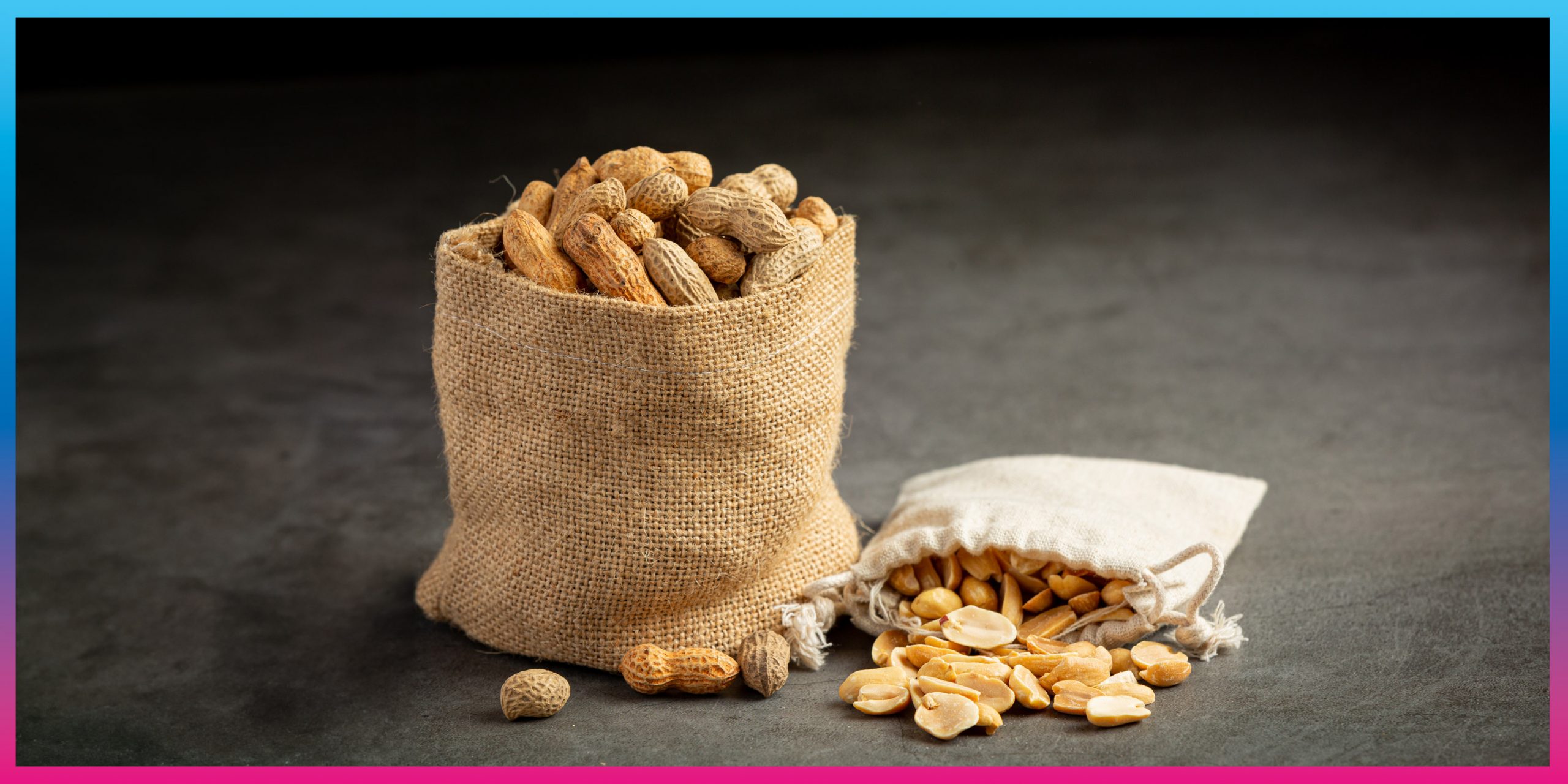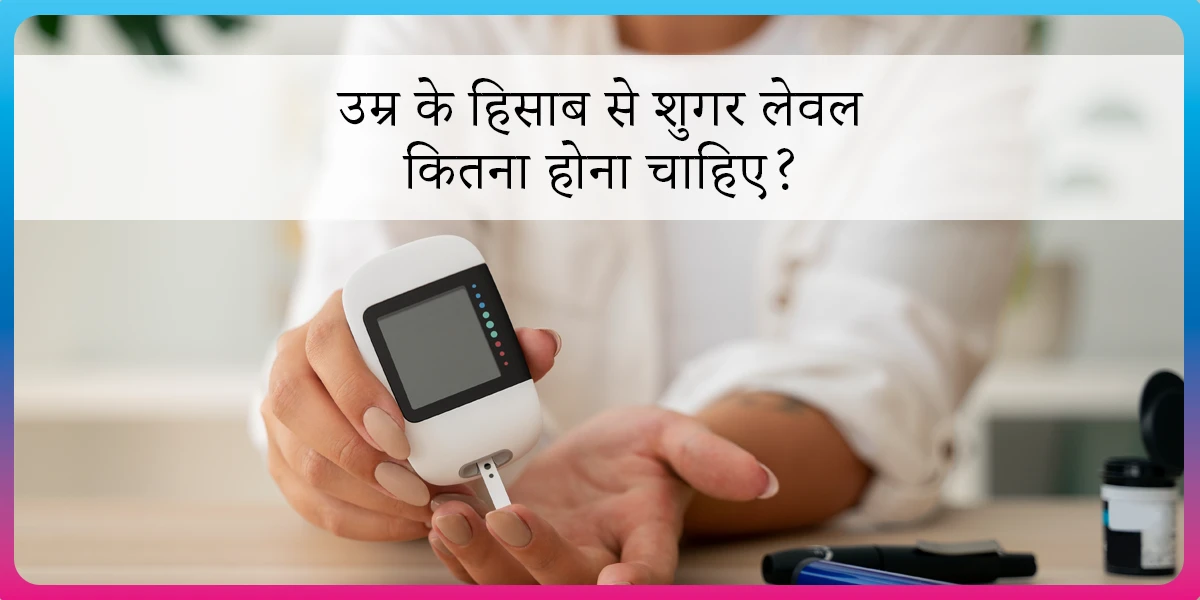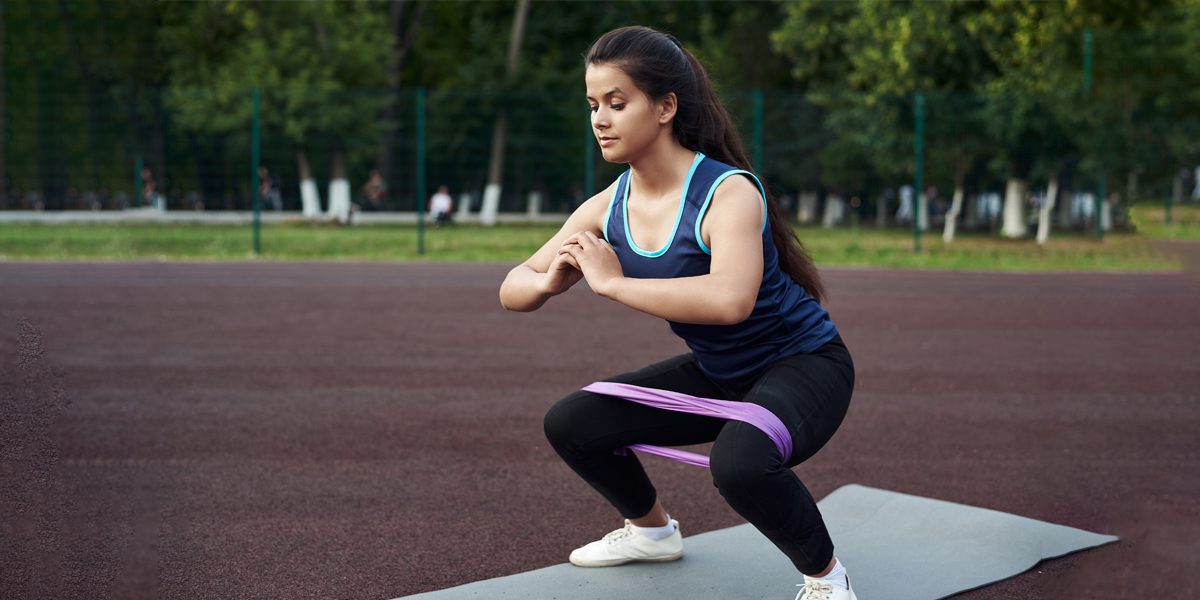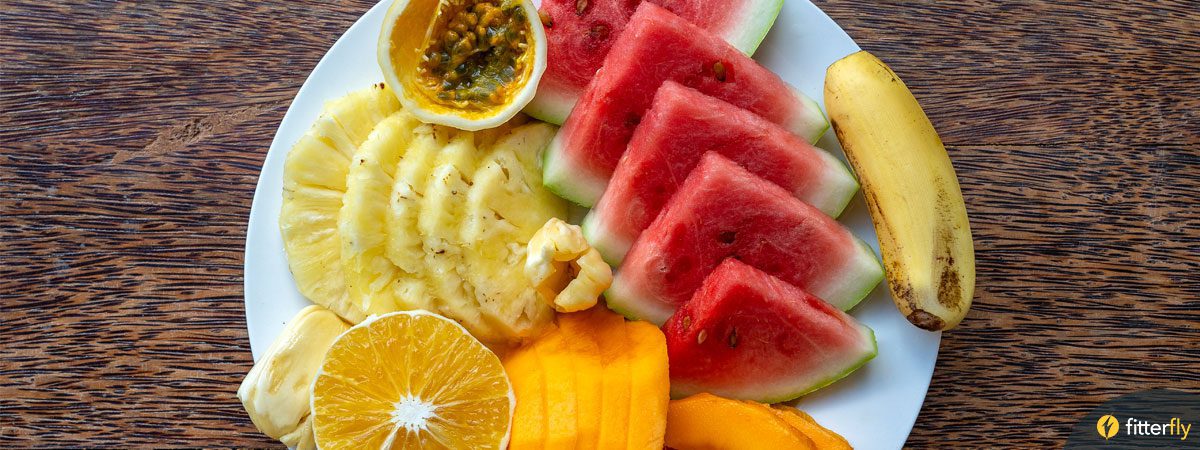
You might be wondering whether peanuts can be included in your diet if you have diabetes. You’re in the right place, then!
We’ll delve into the world of peanuts and their relationship to diabetes in this article.
Here, we will look at how they impact your overall health and blood sugar levels. By the end, you’ll be able to decide for yourself whether peanuts are a healthy option. So, let’s get started.

Are Peanuts Good for Diabetes?
Whether peanuts are a healthy option for someone with diabetes may cross your mind. The good news is that people with diabetes can consume peanuts as a healthy snack.
In fact, they have a low glycemic index, which means they minimally affect your blood sugar levels. However, let’s not stop there! We’ll delve into the subject further in this piece and examine the connection between peanuts and diabetes.
We’ll expose the facts about their advantages, nutritional value, and integration into your diabetes management strategy.
Nutritional Value of Peanuts:
Now that we know peanuts can be a good choice for people with diabetes, let’s get into the details of their nutritional value. Despite their small size, peanuts pack a powerful punch when it comes to essential nutrients. So, 1 serving of peanuts i.e 15g has 100 calories.
First and foremost, peanuts are a good source of additional protein with 4g per 15g. Protein plays a crucial role in building and repairing tissues in the body, making it an essential nutrient for overall health.
Protein in peanuts controls blood sugar, makes you feel full and hence helps in weight management with offering many other benefits, all of which are beneficial for managing diabetes.
Peanuts are also a great source of dietary fibre. Fibre is well known for helping to support healthy digestion and maintain stable blood sugar levels.
Fiber in foods like peanuts slows down sugar absorption, preventing big changes in blood sugar levels. This can help you better manage your diabetes.
But that’s not all—peanuts are also rich in healthy fats, particularly healthy fats that are good for our bodies called monounsaturated fats. People with diabetes have a higher chance of having heart problems, so it’s important to eat foods with these healthy fats.
Peanuts are one example of a food that has these kind of fats and can help keep our hearts healthy.
Moreover, peanuts are like little powerhouses of vitamins and minerals that are good for our bodies. They have vitamin E, which protects our cells, and magnesium, which helps our nerves and muscles.
They also provide potassium, which keeps our hearts and muscles healthy. So, eating peanuts is a great way to get these important nutrients for a strong and healthy body.
So, when it comes to the nutritional value of peanuts, they offer a great combination of protein, dietary fiber, healthy fats, vitamins, and minerals. These nutrients not only contribute to your overall health but can also play a positive role in managing your diabetes effectively.
Benefits of Peanuts for Diabetes
Including peanuts in your diet can bring several benefits if you have diabetes. Let’s explore these benefits in more detail:
1) Blood Sugar Regulation
Peanuts have fiber that helps control your blood sugar levels. It slows down how quickly sugar gets into your blood, preventing sudden spikes.
By having peanuts with your meals or as a snack, you can better manage your blood sugar throughout the day.
2) Heart Health Support
People with diabetes are more at risk of heart problems. The good fats in peanuts, like monounsaturated fats, can help protect your heart.
They improve your cholesterol levels by increasing the good kind while reducing the bad kind. By eating peanuts, you can lower your risk of heart-related issues linked to diabetes.
3) Weight Management
Peanuts can be helpful if you’re trying to manage your weight. They make you feel full because of their protein and fiber.
Eating peanuts in moderation can keep you satisfied and prevent overeating. This can help you manage your weight and control your diabetes better.
How to eat Peanuts?
Now that we know peanuts can be beneficial for people with diabetes; let’s discuss how to include them in your Indian diabetes diet.
It’s important to choose unsalted peanuts or those with minimal added salt to manage your sodium intake effectively. Consuming excessive sodium can contribute to high blood pressure, which can worsen complications associated with diabetes.
Peanuts, also known as “mungfali” in Hindi, are a versatile and nutrient-dense ingredient that can be enjoyed in various forms. Here are some examples of how you can incorporate peanuts into your Indian diabetes diet:
1) Peanut Snacks
Instead of reaching for unhealthy snacks, opt for roasted peanuts as a healthier alternative. Roasted peanuts can be seasoned with spices like turmeric, chaat masala, or black salt to add flavour.
You can also try making peanut chaat by mixing roasted peanuts with chopped onions, tomatoes, cucumber, and a squeeze of lemon for a refreshing and tangy snack.
2) Peanut-based Curries
Peanuts can be used as a base for curries, adding richness and depth of flavour. Such curries will not only be delicious but also packed with nutrients.
3) Peanut Parathas
Parathas are a popular Indian bread, and you can make them even more nutritious by stuffing them with a mixture of roasted peanuts, grated vegetables like carrots or cabbage, and spices. This adds a crunchy texture and enhances the taste of the parathas, making them a wholesome option for your meals.
4) Peanut Raita
Adding roasted and crushed peanuts to the raita can provide a satisfying crunch and increase its nutritional value. You can mix plain yoghurt with finely chopped cucumber, tomatoes, mint leaves, roasted peanuts, and a pinch of salt to create a refreshing and protein-rich raita.
Apart from this, incorporating peanuts into traditional Indian dishes can enhance their nutritional quality.
How you can add peanuts to popular Indian recipes?
1) Peanuts in Poha
As we all know, poha is a popular breakfast option in most households. To increase its nutritional value, you can add roasted peanuts while preparing the dish.
This adds a crunchy texture and a dose of protein to your poha.
2) Peanuts in Upma
Upma can be made more nutritious by incorporating peanuts. Roast the peanuts and add them to the tempering along with mustard seeds, curry leaves, and chopped vegetables.
The peanuts not only provide a pleasant crunch but also contribute to the overall protein and fiber content of the dish.
3) Peanuts in Chutneys
Chutneys are an integral part of our Indian cuisine and can be enhanced by adding peanuts. For example, you can make a peanut coriander chutney by grinding roasted peanuts.
This adds a nutty flavour and richness to the chutney, making it a delicious accompaniment to dosas, idlis, or sandwiches.
4) Peanuts in Salads
Peanuts can be a great addition to salads, adding a crunchy texture and a boost of protein. You can sprinkle roasted peanuts over vegetable salads or fruit salads for added nutrition and flavour.
5) Peanuts in Stir-Fries
Stir-fried vegetables are a quick and healthy option for a meal. Adding peanuts to stir-fries can enhance both the taste and nutritional value.
After sautéing the vegetables of your choice, toss in some roasted peanuts in the final stages of cooking. The peanuts will add a satisfying crunch and a touch of richness to the dish.
By incorporating peanuts into these Indian recipes, you can elevate their nutritional quality by adding protein, healthy fats, and fiber. Experiment with different dishes and discover new ways to enjoy the benefits of peanuts in your Indian diabetes diet.
Do peanuts have Cholesterol ?
Good news! Peanuts don’t have any cholesterol in them. Cholesterol usually comes from animal foods like meat and eggs, but peanuts come from plants, so they’re cholesterol-free.
Instead, peanuts have healthy fats that are good for our bodies. These fats provide energy and help our bodies function properly.
However, it’s important to remember that peanuts are also high in calories. So, while they can be a tasty and satisfying snack, it’s best to enjoy them in moderation as part of a balanced diet.
So go ahead and enjoy a handful of peanuts as a nutritious and delicious treat!
What about people with Peanut allergies?
If someone has a peanut allergy, they need to avoid peanuts and peanut products because they can make them sick. But there are other options they can enjoy instead.
They can try different nuts like almonds, cashews, or walnuts, and also seeds like sunflower or pumpkin seeds.There are lots of yummy alternatives for people with peanut allergies to enjoy!
Risk of eating peanuts for diabetes
While peanuts can be a healthy addition to your diet, it’s important to be mindful of a few considerations. Firstly, peanuts are energy-dense, meaning they contain a significant number of calories.
Consuming large quantities of peanuts can lead to weight gain, which can affect diabetes management. It’s crucial to monitor your overall calorie intake and balance it with your main meals.
FitterTake
Peanuts can be a great choice if you have diabetes. They have a low glycemic index, provide essential nutrients, and may help regulate blood sugar levels.
Incorporating peanuts into your diet in moderation can be beneficial for managing diabetes and promoting heart health. However, be mindful of portion sizes and any weight management concerns you may have.
Remember, peanuts can be a delicious and nutritious addition to your diabetes-friendly diet.
You can try our diabetes reversal calculator to learn about improving your health.
To be certain, we suggest you also speak to our diabetes healthcare team, which has an expert dietician, nutritionist and psychologist to understand the benefits of peanuts in diabetes and much more.
To learn more about Fitterfly’s Diabetes Care Program and how it can help you intelligently take control of your diabetes, speak to one of our counselors.
We recommend trying out our app to gain further insights into your health.
So, enjoy a handful of peanuts, relish the taste, and continue rocking your diabetes management journey!
This blog provides general information for educational and informational purposes only and shouldn't be seen as professional advice.
Fitterfly's Diabetes Prime Program
clinical term for Diabetes Reversal























